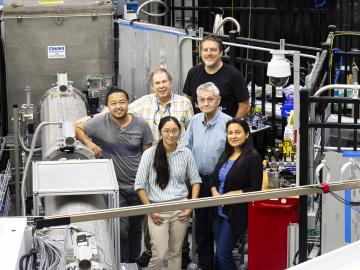
In response to a renewed international interest in molten salt reactors, researchers from the Department of Energy’s Oak Ridge National Laboratory have developed a novel technique to visualize molten salt intrusion in graphite.

In response to a renewed international interest in molten salt reactors, researchers from the Department of Energy’s Oak Ridge National Laboratory have developed a novel technique to visualize molten salt intrusion in graphite.
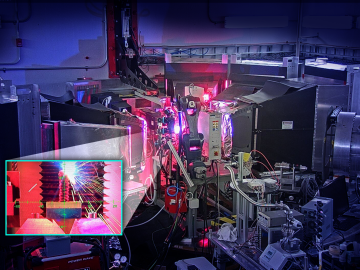
Using neutrons to see the additive manufacturing process at the atomic level, scientists have shown that they can measure strain in a material as it evolves and track how atoms move in response to stress.
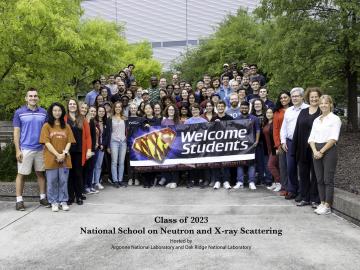
In 2023, the National School on X-ray and Neutron Scattering, or NXS, marked its 25th year during its annual program, held August 6–18 at the Department of Energy’s Oak Ridge and Argonne National Laboratories.
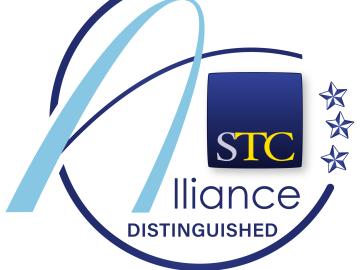
ORNL staff members played prominent roles in reports that won one Distinction award and two Excellence awards in the 2022 Alliance Competition of the Society for Technical Communication. PSD's Karren More and Bruce Moyer participated.
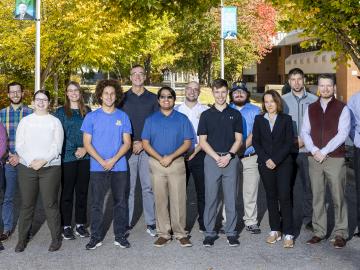
Nine student physicists and engineers from the #1-ranked Nuclear Engineering and Radiological Sciences Program at the University of Michigan, or UM, attended a scintillation detector workshop at Oak Ridge National Laboratory Oct. 10-13.
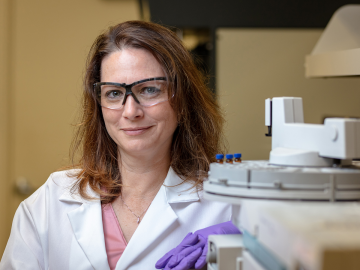
Laboratory Director Thomas Zacharia presented five Director’s Awards during Saturday night's annual Awards Night event hosted by UT-Battelle, which manages ORNL for the Department of Energy.
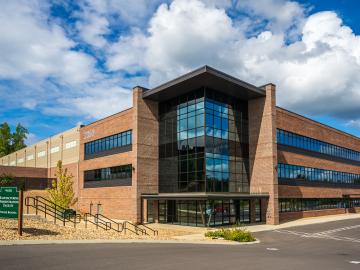
ORNL scientists will present new technologies available for licensing during the annual Technology Innovation Showcase. The event is 9 a.m. to 3 p.m. Thursday, June 16, at the Manufacturing Demonstration Facility at ORNL’s Hardin Valley campus.
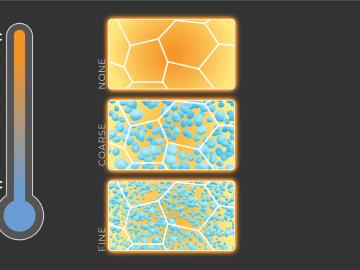
Scientists at ORNL and the University of Tennessee, Knoxville, have found a way to simultaneously increase the strength and ductility of an alloy by introducing tiny precipitates into its matrix and tuning their size and spacing.
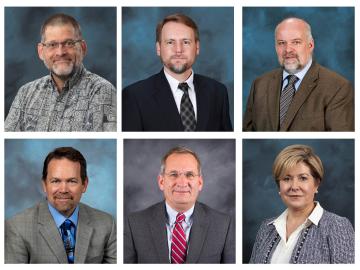
Six ORNL scientists have been elected as fellows to the American Association for the Advancement of Science, or AAAS.
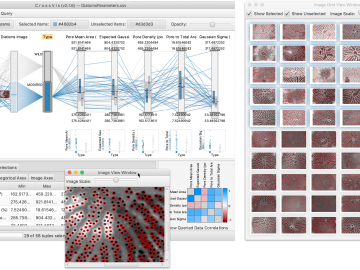
From materials science and earth system modeling to quantum information science and cybersecurity, experts in many fields run simulations and conduct experiments to collect the abundance of data necessary for scientific progress.

